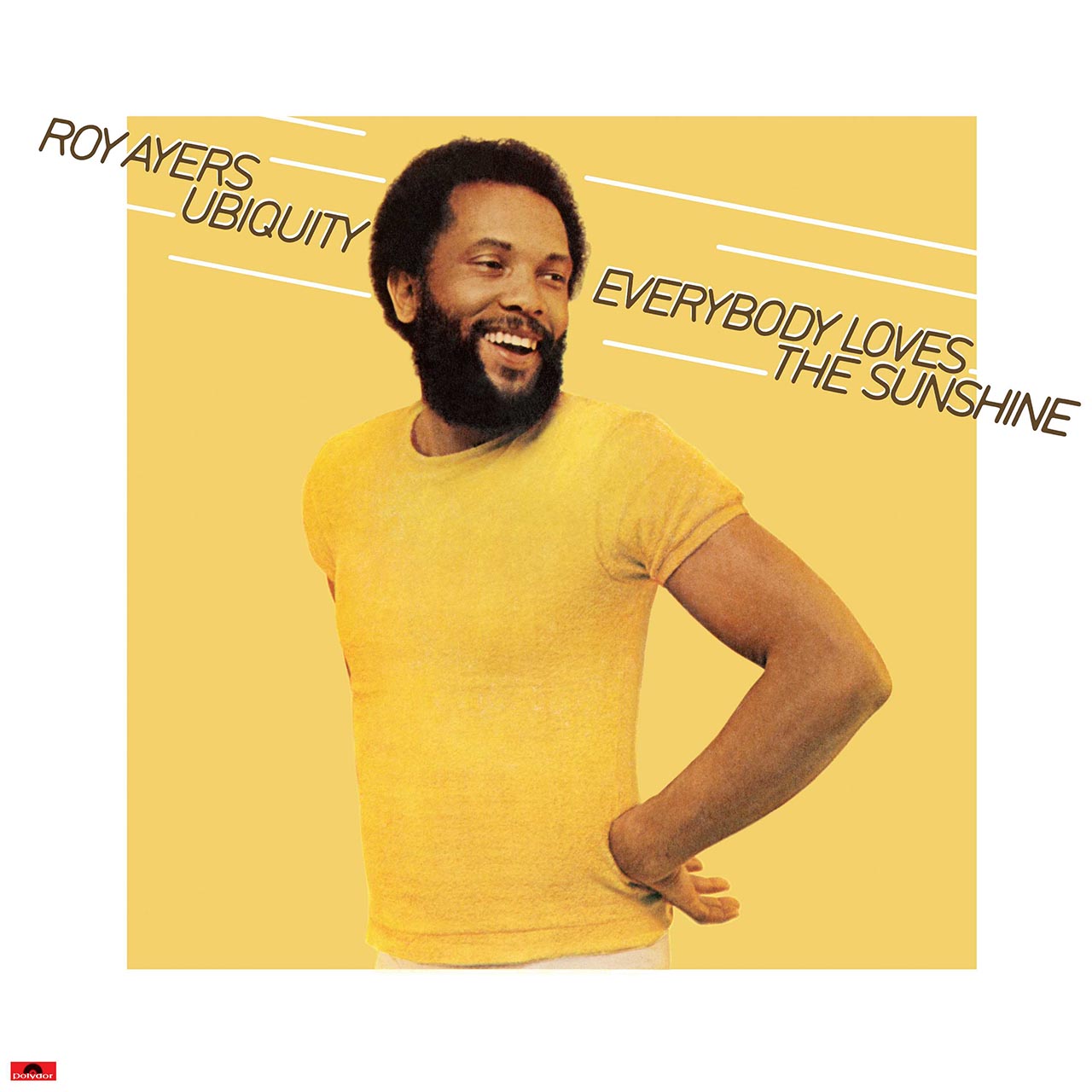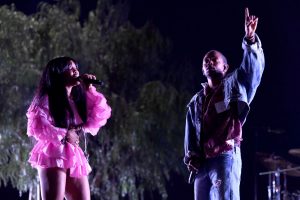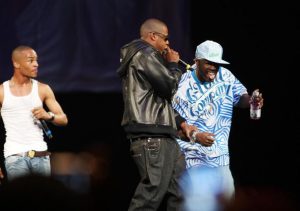When Roy Ayers rebooted his sonic identity circa 1970, his intentionality was unequivocal. Though originally inspired by jazz great Lionel Hampton (his childhood role model as a vibraphonist and bandleader), Ayers had grown restless with jazz as it was narrowly defined by purists. Instrumental/improvisational mastery and accessibility were not, as ideologues inferred, mutually exclusive. With Miles Davis’s electrified experiments boldly blazing the trail, Ayers envisioned a music by which his own prodigious jazz chops could fluidly converse with funk, R&B, rock, et al., and be ever present, relatable to all audiences. Ubiquitous.
Roy Ayers Ubiquity was more than just an apt band rebrand. It was an invitation to openness as creative methodology; whatever felt right – fuzz pedal distortion, smooth pop song covers, Black liberation anthems, ethereal vocal numbers, dance grooves – was right. Roy didn’t just play the vibes, the warmth of his sound defined “vibes” well before the term’s current admission into popular parlance. And though his ’70s oeuvre teems with classic material, no Roy Ayers Ubiquity album exudes this quality quite like 1976’s beloved Everybody Loves the Sunshine.
Fading up on Roy and the band as they gleefully chant its title refrain, “Hey-Uh What You Say Come On,” the LP’s lead track, exemplifies the group’s jazz-funk jubilance. Ayers was an intuitively collaborative bandleader and composer who prioritized spontaneity in the recording process, often building tunes off catch-phrases and a roving, modular approach to placing chords. Which is how, for all its groove-centricity, Ubiquity moves within its tight rhythmic confines with such a free wielding spirit. It’s what propels Roy’s rapid soloing on “The Golden Rod” like some glorious quasar burst, and injects calls for accountability and motivational focus like “People and the World” and “It Ain’t Your Sign It’s Your Mind” with their celebratory energy. Even a charming oddity like “Lonesome Cowboy” – featuring Roy ad-libbing in a country twang over drummer Doug Rhodes’ syncopated breakdowns – is arranged with enough loose, funky allure to have been championed by early Bronx hip-hop DJs excavating for unusually addictive beats.
Where Ayers and company dial back the exuberance towards the mellow they’re actually at their most sublime. Led by Roy’s airy vocals and shimmering vibraphone, “The Third Eye” is a dreamlike meditation on the spiritual journey in which Justo Almario’s saxophone and Roy and Philip Woo’s electric piano work ascend to celestial accompaniment. It’s but a prelude, however, to the stunning title cut. Sans soloing entirely, “Everybody Loves the Sunshine”’s indelible vocals (courtesy of Roy, along with sultry female co-lead Deborah “Chicas” Darby) and keyboard hooks (a gorgeously languid piano phrase, a squealing, bent-note synth) comprise a perfect recording, the Platonic evocation of soulful serenity. It’s easily the single most popular track within Ayers’ vast repertoire, having been sampled countlessly, and forms the basis of his oft cited tribute as godfather of neo-soul. The fact that it was recorded after hours, past midnight, and not even in Ayers’ native, sun-kissed Los Angeles, but at Electric Lady Studios in peak-grimy mid-’70s New York City, is only further testament to his gift for summoning a feeling. And to his prophetic insistence that vibes transcend all.
Listen to The Roy Ayers Ubiquity album Everybody Loves the Sunshine now.




